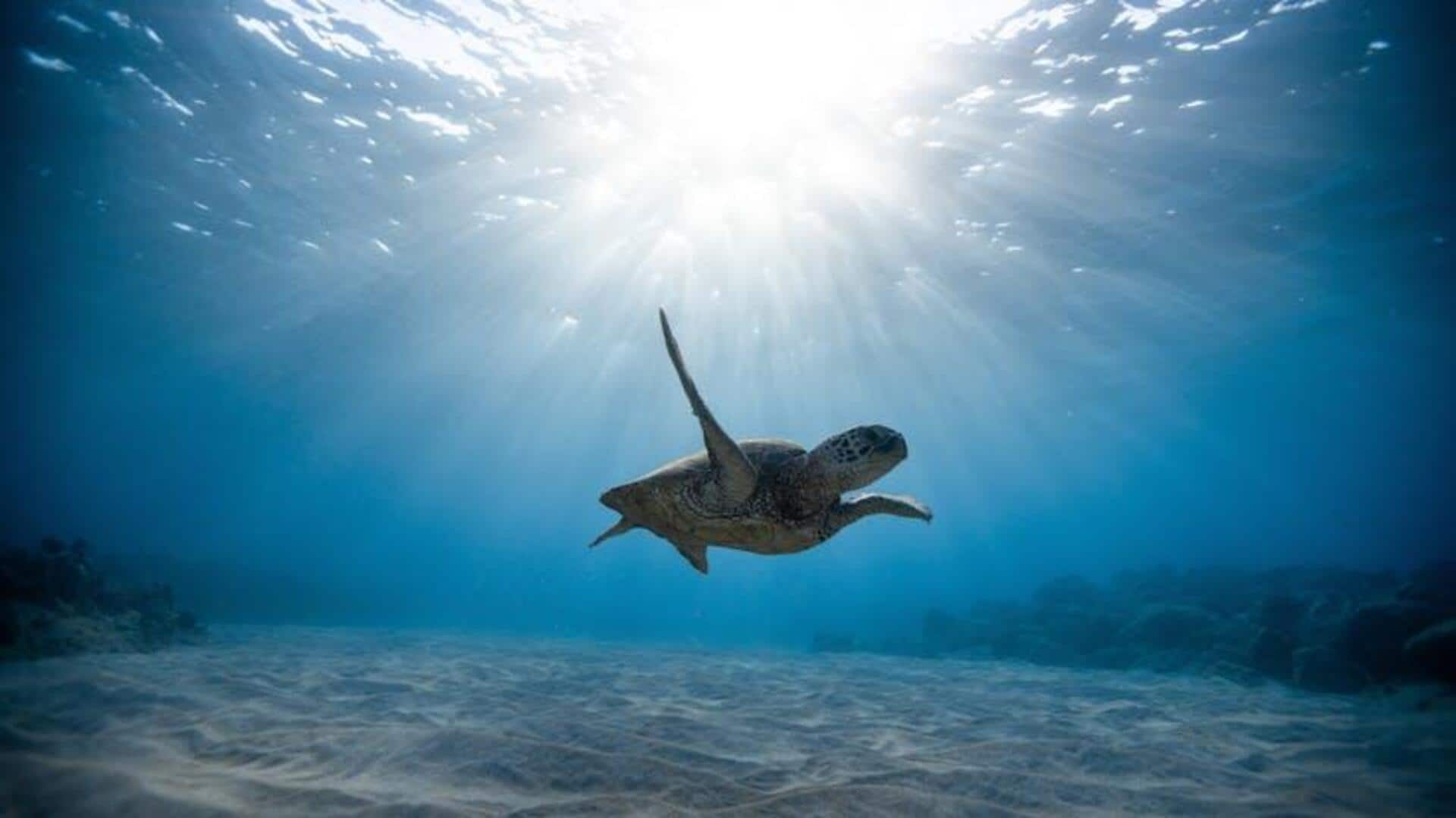
Eco-volunteering with sea turtles in Cape Verde
What's the story
Cape Verde, an island nation off the northwest coast of Africa, holds the second most important nesting site in the world for loggerhead turtles. This archipelago offers a rare opportunity for eco-volunteers to contribute directly to the conservation of these magnificent sea creatures. Volunteers participate in a range of activities, including beach patrols and data collection, all aimed at protecting these endangered species.
Importance
Understanding sea turtle conservation
Sea turtles, particularly the loggerhead in Cape Verde, face significant threats, including habitat loss, pollution, and poaching. Conservation efforts focus on protecting nesting sites and mitigating human threats. Eco-volunteers contribute to increasing hatchling survival rates, vital for the health of the marine ecosystem. Their work supports the continued existence of these endangered species.
Activities
What volunteers do
Volunteers join nightly beach patrols to observe nesting activity and shield turtles from poachers. They help in tagging adult turtles for research and might also assist in moving nests that are in vulnerable locations too close to the high-tide line to safer spots. And, during daytime, volunteers would participate in community outreach initiatives to raise awareness among locals and tourists about sea turtle conservation.
Timing
When to go
The best time for eco-volunteering with sea turtles in Cape Verde is from June to October, which is the nesting season. You will have a higher chance of seeing turtle nests and baby turtles coming out during this time. However, the island accepts volunteers all year round because conservation work continues even after the nesting season. They need constant help.
Essentials
Preparing for your trip
Before you pack your bags for your eco-volunteering adventure in Cape Verde, make sure you're well-prepared. Get vaccinated: Consult with your healthcare provider and follow their recommendations for immunizations. Pack smart: Essentials include sun protection, sturdy shoes for beach patrols, and insect repellent. Learn some lingo: Knowing a few basic Portuguese phrases will go a long way in helping you connect with the local communities you'll be working with.
Advice
Tips for a successful volunteering experience
To truly maximize your volunteering experience in Cape Verde, keep an open mind and be adaptable. Expect that conditions might be tough, with long nights spent patrolling and hot days working under the sun. Understand that even the smallest efforts make a big difference in achieving conservation goals. Most importantly, don't forget to explore and enjoy the local culture and environment beyond your volunteering responsibilities.